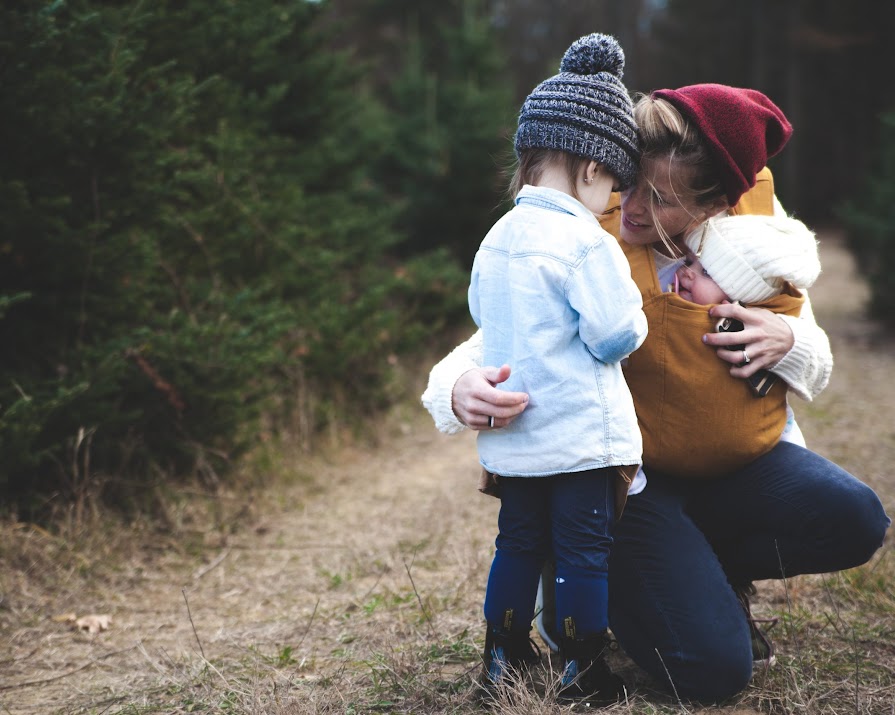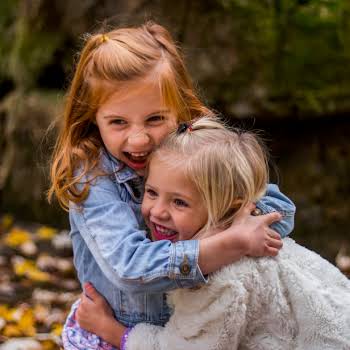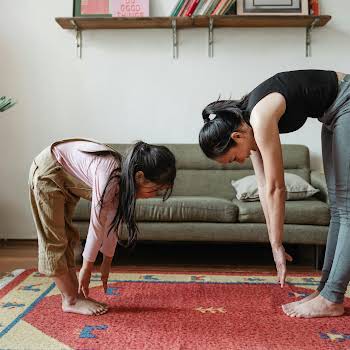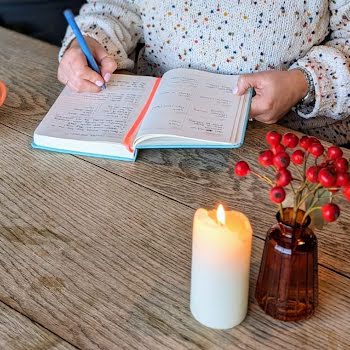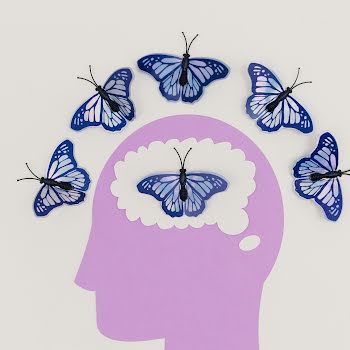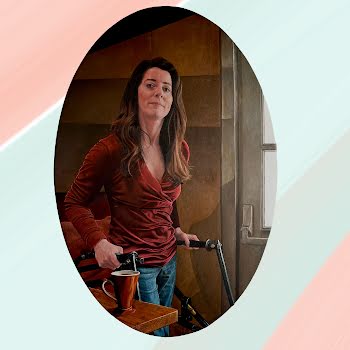
Children are becoming less resilient and it is because of our parenting style
By Amanda Cassidy
21st Nov 2023
21st Nov 2023
We’ve never been so involved in our children’s lives – scheduling play dates, assisting with homework and cross-examining their teachers when they're naughty. But science shows that we could be doing more harm than good
Parenting is a delicate dance — a slow waltz of trial and error.
Finding your footing is hard as you and your tiny dancer twirl together — until someday, the music shifts and they finally do the steps by themselves, confident, assured, alone. But that’s the hard bit — the letting go part – and it is becoming a problem.
Emotional resilience
We believe we are doing the best for them in this new and ultra-competitive world we find ourselves in. The concept is known as helicopter parenting, so named for the hovering effect parents have on their children. These parents try to anticipate their children’s needs, smooth their path and catch them before they fall. Wanting the best for our children is the impetus, but at what cost?
New research has now shown that helicopter parenting can create anxious, entitled children with poor coping skills.
The science shows that those who jump in at every chance bypass the everyday lessons in disappointment and boredom that are necessary to teach emotional resilience.
Tiger Mums
Teresa runs an afterschool activity club in Dublin. She says parents are increasingly fighting their children’s battles. “We’ve had a parent insist that we have a second ‘minder’ sit with her child throughout the activity as he is anxious because he heard another child in the class curse.
“Obviously, it isn’t something we condone so we had a quick conversation and explanation with that particular child about what language is acceptable but this mother wouldn’t let it go. In fact, she wanted the child expelled from the afterschool club. Her son, the ‘victim’ is a really happy and bright little boy who got over it immediately.
“Another time we had a parent threaten to call the HSE on us because they phoned our office and couldn’t get through to her son immediately (she wanted to speak to him as he had burnt his tongue on his hot chocolate that morning). These are complete over-reactions and unnecessary interferences that send the message to the children that they can’t cope alone, and that it is normal to have their parents cosset them throughout their lives.”
Killing them with kindness
Teresa believes over-bearing parenting is a control issue and the psychologists agree. Coleman Noctor is a child psychologist and father of three. He says helicopter parenting is simply fuelled by our own anxiety. “These days our drive for control is far greater than it used to be. We have more options and can exert more control over our lives than ever before.
“More choice and more control over our environment come with a drive for perfectionism and the pressure to get things right. An example would be a parent calling a lecturer at University level to question a result. This child is now 18, a young adult, and it should be something they can now do for themselves. Parents are overinvolved, they’ve presumably sat with their child all through school and not allowed them to learn how to fail and pick themselves up.”
Coleman believes the motivation is misguided: “We are killing them with kindness so to speak.
“We are not allowing our children to independently learn how to fall and get up again. Our instinct to protect is disabling their independence.”
Overcompensation
Relationship expert David Kavanagh told us that there is also an element of overcompensation at play that wasn’t there previously. “In today’s society, often both parents are working. As a consequence, some parents unconsciously don’t think they are giving their child enough daily contact. They tend to overcompensate and get over-involved in the wrong areas of their children’s life to demonstrate traits that they consider ‘parenting’.”
He believes that a lot of helicopter parenting may simply be explained by ego. “There is a competitive edge to parenting these days. People compare what activities their child does. Well if your child is doing x, mine is doing x and y. That peer pressure leads to a huge amount of stress to have perfect children and perfect lives.”
Nature versus nurture
Perhaps if parents realised the limited role they actually play in shaping their children’s lives, they could be freed from the pressure to shape them so intensely.
Professor Robert Plomin, of King’s College London, is a behavioural geneticist. He says the single most important factor in each and every one of us isn’t our grades or how many years we did piano for; it is our genetic make-up, our DNA — the very essence of our individuality.
In other words, the basic building blocks of life that we inherit from our parents are what determine who we are — not how much they loved us, how many books they read us or which school they queued to send us to.
Our DNA proves that ‘nature’ trumps ‘nurture’ every time, and not just marginally, but by a long, long shot. Of course, there is a fine line between caring and being overbearing. How do we know if we are at risk of hovering over our children?
Taking a step back
Coleman Noctor says we need to take a moderate approach. “A child has to develop his own sense of self. If we are constantly there in a coaching capacity, they will not learn how to prioritise, organise or make decisions.
We shouldn’t spare children feeling frustration, boredom, disappointment — important life skills. Of course, if you feel like your child is not dealing with things well or a school is repeatedly ignoring bullying claims, you have to take action. But try playing a supportive role instead of being their chief problem solver.”
They’ll be grand
We are all guilty of intervening too soon in the day-to-day things our children do — I never want to watch my children fail, or fall, or struggle. It is not easy to bite your tongue when your daughter climbs to the highest part of the tree or your son complains that the other children were teasing him. But I’m learning to give them the tools to fight their own battles.
I’m holding onto the thought that my daughter’s own risk assessment will help her make sensible decisions in the future big bad world and that my son will know how to shrug off life’s negativity as he becomes the greatest robotics engineer in the world.
I’m learning not to narrate and nitpick every moment of my children’s lives — these little mistakes that they make will stand to them when the big stuff comes barreling towards them in adulthood.
The grumpy poet Philip Larkin famously wrote about families: “They f*ck you up, your mum and dad. They may not mean to, but they do.” That was in 1971.
Now, nearly half a century on, it seems he is right. Time to back up the truck, or in the case of helicopter parenting, remind ourselves to buzz off. They’ll be grand.
This article was originally published in October 2022.











